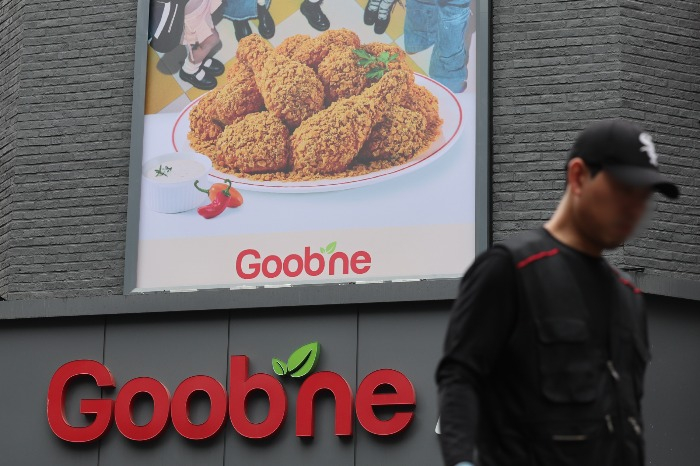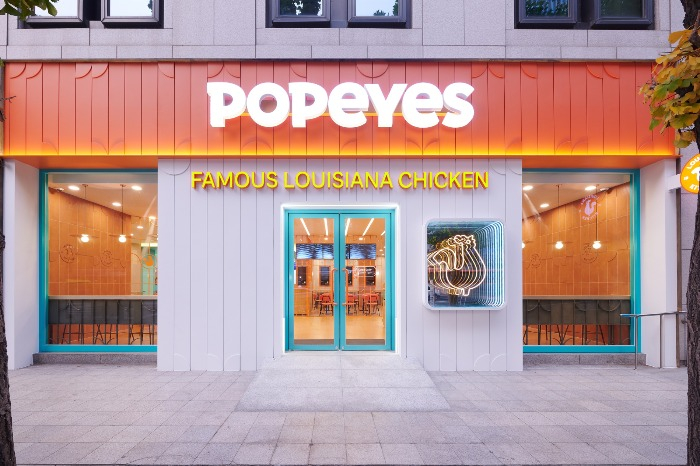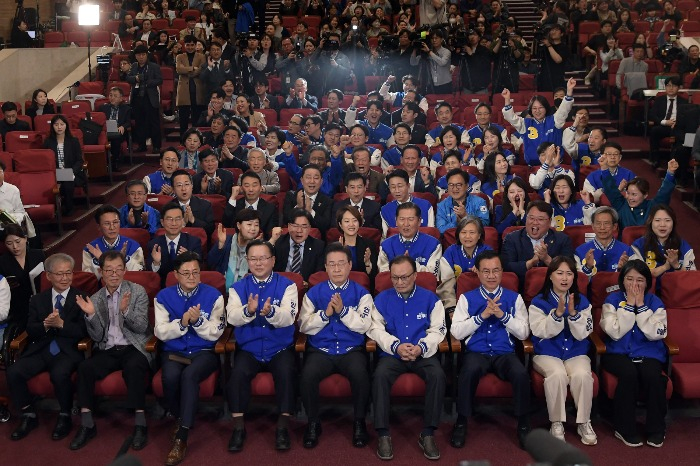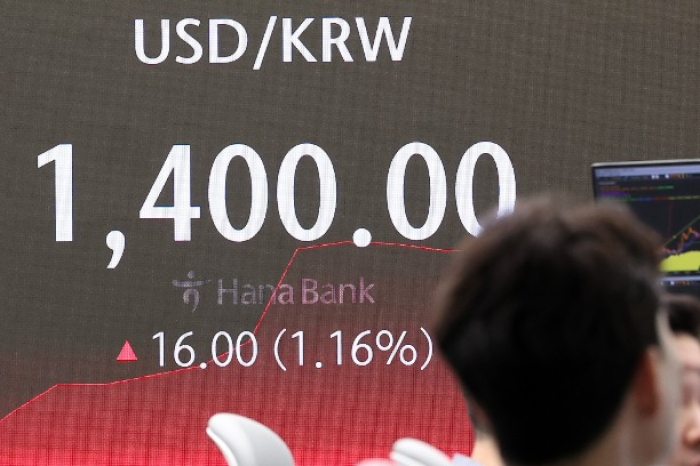Economy
Burger, chicken franchises raise prices after elections
President Yoon Suk Yeol's grip over consumer prices may weaken after the ruling party’s crushing defeat in last week's elections
By Apr 16, 2024 (Gmt+09:00)
3
Min read
Most Read
LG Chem to sell water filter business to Glenwood PE for $692 million


KT&G eyes overseas M&A after rejecting activist fund's offer


Kyobo Life poised to buy Japan’s SBI Group-owned savings bank


StockX in merger talks with Naver’s online reseller Kream


Meritz backs half of ex-manager’s $210 mn hedge fund



Fried chicken and hamburger franchises in South Korea have sharply bumped up their food prices following the parliamentary elections last week as the ruling party's crushing defeat raised expectations the government might loosen its grip over consumer prices.
Goobne Chicken, a roasted chicken franchise company, raised the prices of its nine menu items by 1,900 won ($1.36) each, or by double digits, on Monday.
The price of its signature chili crispy fried chicken rose 10.5% to 19,900 won. It marked the first price hike by the country’s No. 4 chicken franchise in two years.
“The price increase reflected rising costs such as delivery fees, which deteriorated the profitability of our franchise stores,” said a Goobne Chicken official.
Another fried chicken franchise Popeyes raised the prices of chicken and sandwiches by 4% on average on Monday as well.

Processed food companies are set to follow suit after almost freezing their prices over the past year in line with the government's policy efforts to keep inflation under control.
Lotte Wellfood Co. and other domestic food companies recently delivered a proposal to the Ministry for Food, Agriculture, Forestry and Fisheries that they need to raise the prices for seasoned seaweed, chocolate and other food by 15-30% on average.
“We are watching each other to see who will pull the trigger on the increase first,” said a food industry official.
DINING-OUT PRICES
The price of dining out in South Korea has been on an upward spiral since June 2021 on a year-on-year basis, according to Statistics Korea.
The pace of eating-out price hikes has slowed to the 3% level in line with the country's consumer price index, compared to 7% in the first quarter of 2023.
But restaurants are expected to increase prices sharply in the coming months on the back of the rise in ingredient prices and minimum wages.

According to the Korea Consumer Agency, the average price of eight representative Korean restaurant menu items such as seaweed rice roll gimbap, black bean noodles and hot noodle kalguksu climbed 4.4% in March, compared to the same month last year.
Compared to two years earlier, the prices are 15.2% higher.
The price of seasoned seaweed, in a supply shortage due to a rapid increase in exports, is expected to rise significantly. Last month, the wholesale price of dried seaweed shot up 78% on-year to 9,893 won per 100 pieces.
Cocoa prices also jumped by more than 50% on-year in March after the spread of pests and diseases damaged African cocoa farms.
“Ahead of the April 10 general election, we have refrained from raising prices,” said another food industry official. “But with the rise in international oil prices, we can no longer bear the cost burden and postpone the price increase.”
The ruling People Power Party will remain a minority following the election, with the main opposition Democratic Party holding a parliamentary majority.

The won’s steep decline to the US dollar has been adding upward pressure on food prices.
The Korean currency has been staying at its weakest point to the dollar in 17 months, just below the 1,400 level.
In morning trade, it briefly touched the resistance level as escalating conflict in the Middle East fueled the appetite for safe-haven assets.
Upward inflation pressures have dashed market hopes for an imminent interest rate cut in Korea and in the US.
On April 12, the Bank of Korea Governor Rhee Chang-yong said that it was premature to expect a rate cut in the second half of this year, citing rising oil prices.
His remarks followed the central bank's decision to keep its base interest rate unchanged at 3.50% for the 10th consecutive month.
Write to Hun-Hyun Hyh at hhh@hankyung.com
Yeonhee Kim edited this article.
More to Read
-
 Foreign exchangeWon at 17-month low vs dollar on reduced US rate cut bets
Foreign exchangeWon at 17-month low vs dollar on reduced US rate cut betsApr 11, 2024 (Gmt+09:00)
1 Min read -
 Food & BeverageEnd of the Whopper, Burger King's belated April Fool’s prank?
Food & BeverageEnd of the Whopper, Burger King's belated April Fool’s prank?Apr 09, 2024 (Gmt+09:00)
2 Min read -
 EconomyKorea’s rate cut hope wanes with inflation above 3% in March
EconomyKorea’s rate cut hope wanes with inflation above 3% in MarchApr 02, 2024 (Gmt+09:00)
3 Min read -

-
 Korean foodBBQ to change fried chicken recipe as olive oil price soars
Korean foodBBQ to change fried chicken recipe as olive oil price soarsSep 28, 2023 (Gmt+09:00)
2 Min read
Comment 0
LOG IN


